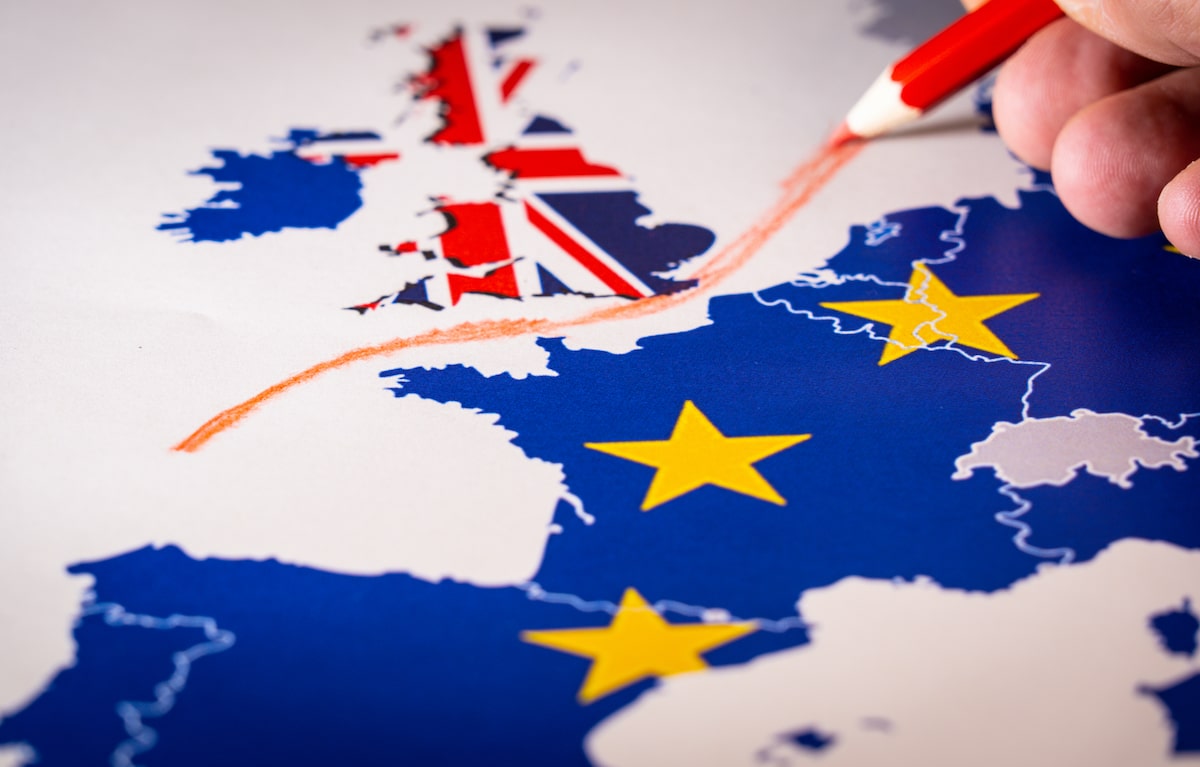In the grand theatre of UK politics, where every policy is a play and every lawmaker a reluctant actor, not all productions have been met with applause. In fact, some have been downright booed off the stage. Let’s lift the curtain on 21 UK policies that have done more harm than good, showcasing that sometimes, the road to legislative hell is paved with what were presumably good intentions.
21. The Poll Tax

Introduced with the fanfare of a lead balloon, the Poll Tax was the government’s bold experiment in social equality: ensuring everyone, from duchess to dustman, despised the policy equally. It achieved the rare feat of uniting the entire social spectrum in mutual disdain.
20. Bedroom Tax

The so-called Bedroom Tax, an exercise in austerity that somehow managed to miss the mark of common sense. In the grand ledger of government ideas, charging people for unoccupied space in their homes was a subtraction rather than an addition to societal harmony.
19. Rail Privatisation

Rail privatisation promised efficiency and competition, delivering instead a labyrinthine ticket system and pricing that defies economic gravity. It’s as if the government mistook the rail network for a collection of model trains, expecting it to run better if everyone had a go.
18. Beeching Cuts

The Beeching Cuts to Britain’s railways, a surgical strike on the nation’s connectivity under the guise of efficiency. In hindsight, the only efficiency achieved was in reducing the options for travel, not the need for it.
17. The Dangerous Dogs Act

A knee-jerk reaction to tabloid hysteria, the Dangerous Dogs Act has the dubious honour of being breed-specific legislation that neither improved public safety nor canine welfare. It seems legislating temperament is as effective as legislating the weather.
16. The Sale of Council Houses

Selling off council houses at a discount sounded like a win-win, until the housing stock dwindled, and waitlists grew. It turned out giving away the ladder rungs made it harder for people to climb.
15. Tuition Fee Increases

Raising tuition fees was supposed to imbue universities with riches. Instead, it imbued students with debt and trepidation at the price tag of education, making the school of life’s hard knocks seem a bargain in comparison.
14. PFI (Private Finance Initiative)

PFI allowed public projects to be privately financed, a bit like letting a fox design the security for a henhouse. The result? Decades of debt for public services, proving that some partnerships are more parasitic than symbiotic.
13. Universal Credit
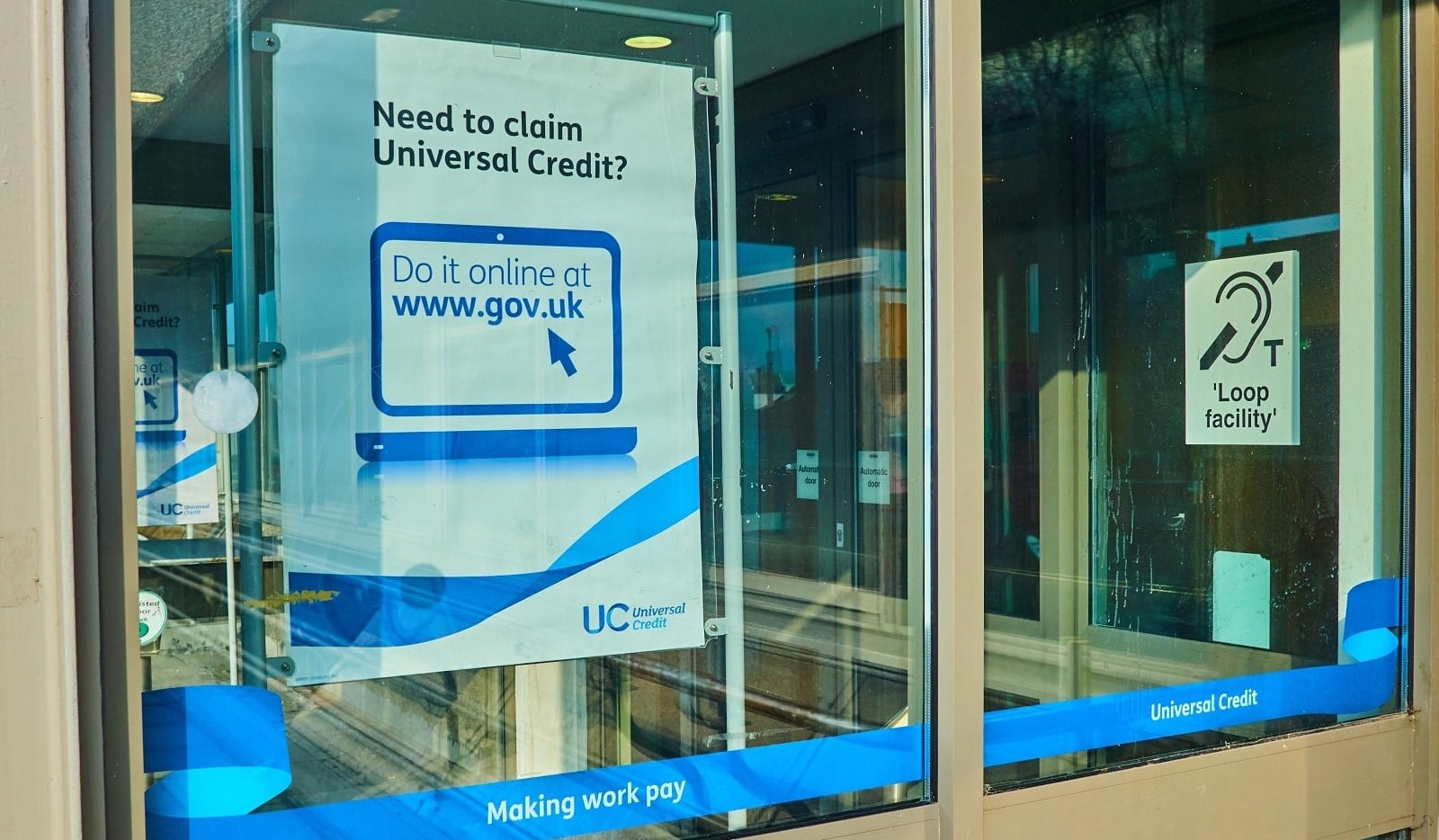
Universal Credit, the welfare reform equivalent of trying to fit a square peg in a round hole, repeatedly. Its rollout has been less a streamlined process and more a masterclass in bureaucratic inertia.
12. The Tampon Tax

Taxing sanitary products as luxury items showcased a fiscal policy seemingly devised by those who never had to use them. It took years to rectify this oversight, a period often referred to as ‘the dark ages’ by those directly affected.
11. Zero Hours Contracts

Introduced as a flexible working solution, zero hours contracts soon became synonymous with job insecurity. It turns out the only thing flexible was the ability to plan one’s life around an unpredictable income.
10. HS2
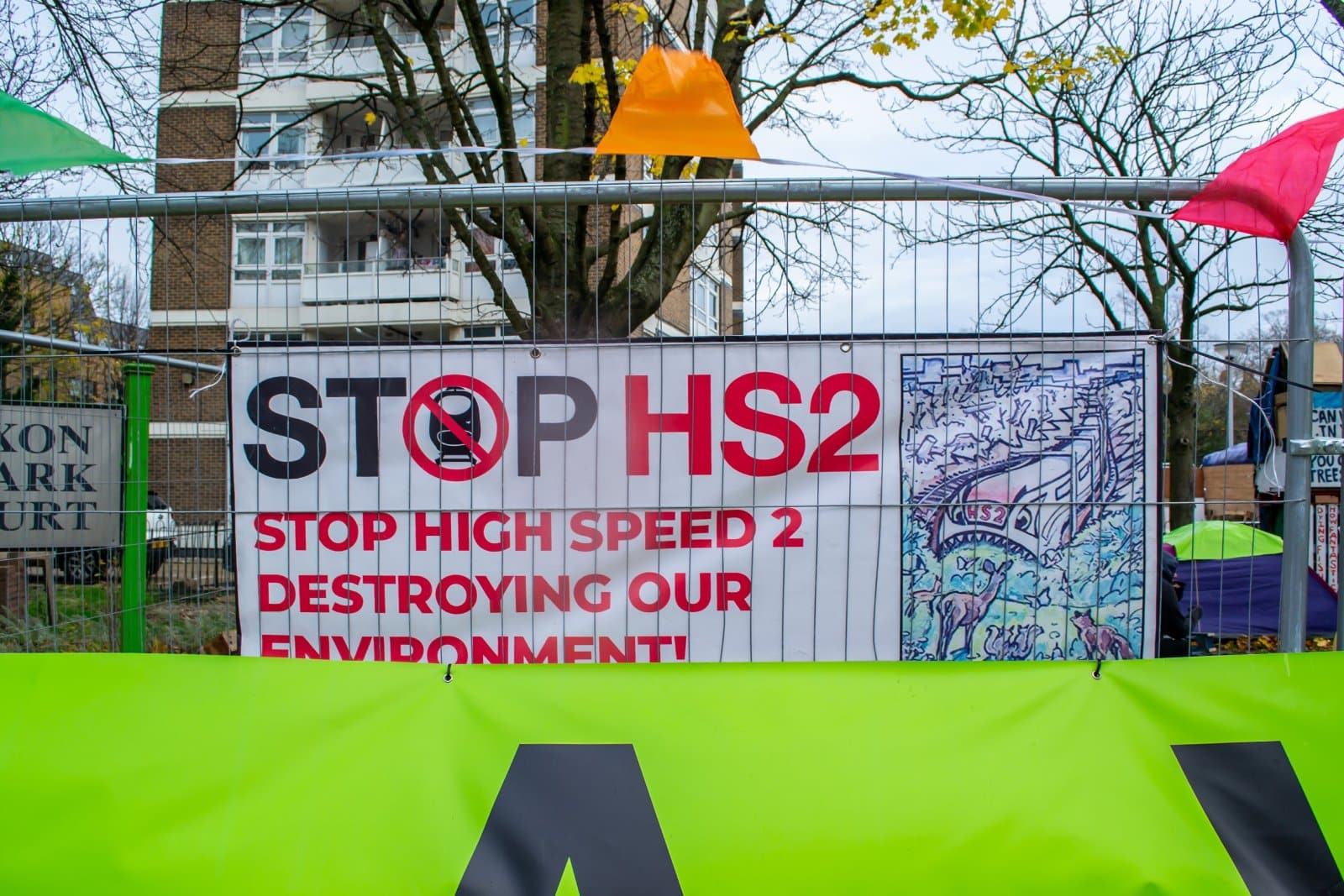
HS2, the high-speed rail project racing ahead with all the speed of a sloth, is a masterclass in how to turn a budget into a suggestion rather than a limit. Its main achievement so far is proving that money can indeed move faster than a train.
9. The Snoopers’ Charter
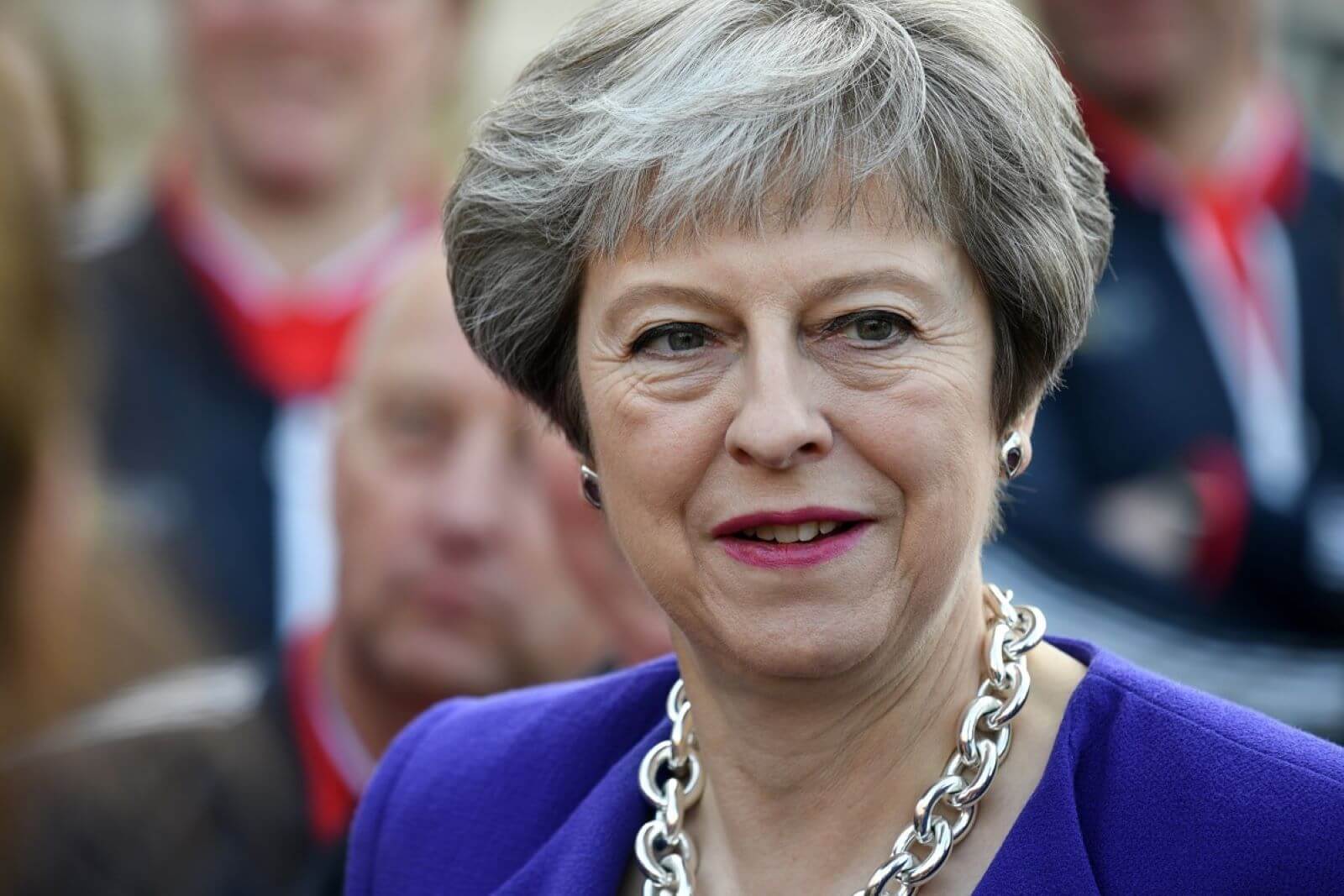
The Investigatory Powers Act, affectionately known as the Snoopers’ Charter, made Orwell’s 1984 look like a government training manual. Privacy, it seems, was deemed too much of a luxury for the average citizen.
8. The Apprenticeship Levy

The Apprenticeship Levy was supposed to skill up the workforce. Instead, it often ended up as just another tax, with the actual creation of apprenticeships moving at a glacial pace.
7. Brexit
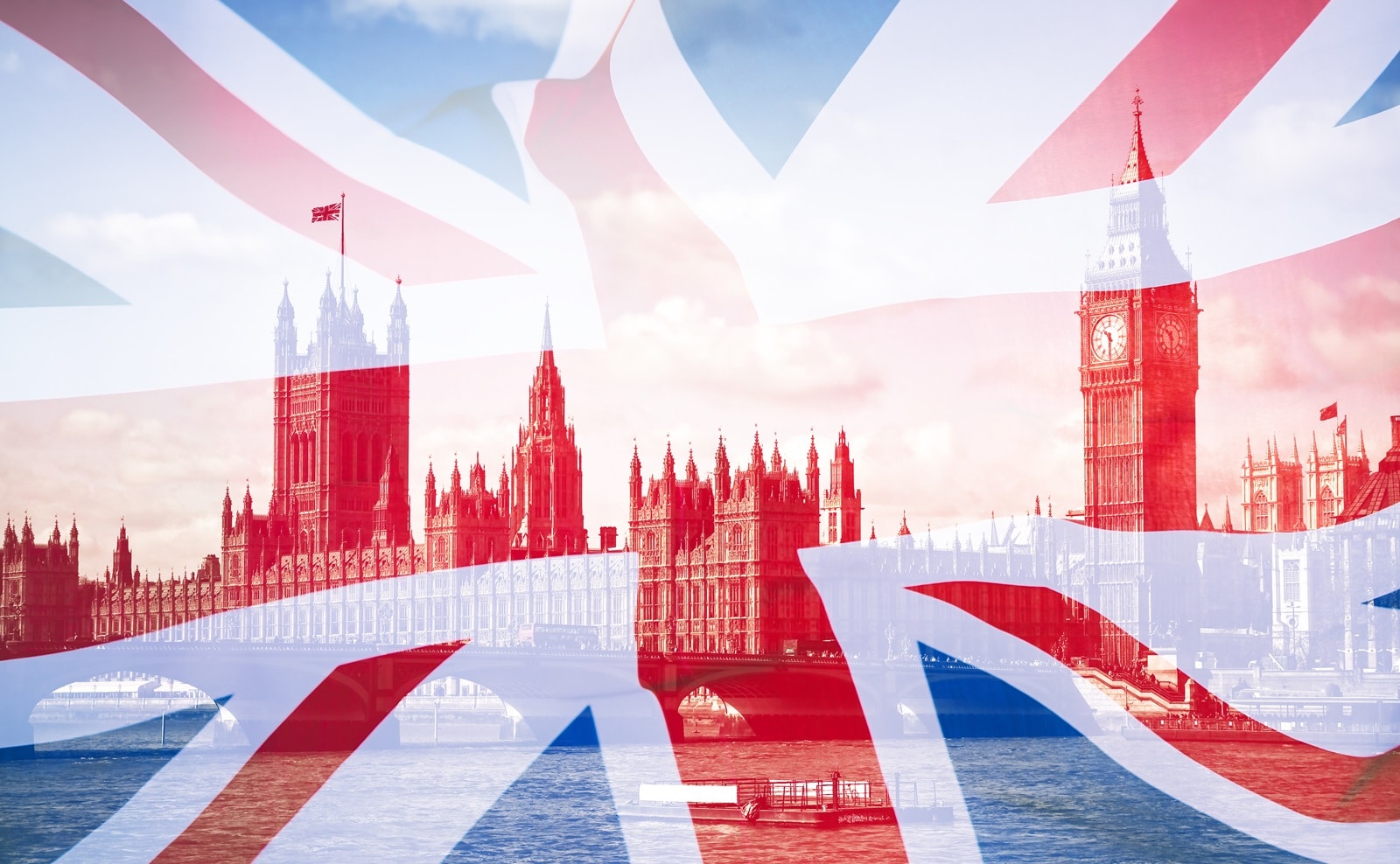
Ah, Brexit, the gift that keeps on giving. From promises of easy deals to the reality of logistical labyrinths, it’s been like watching someone try to unscramble an egg.
6. Austerity
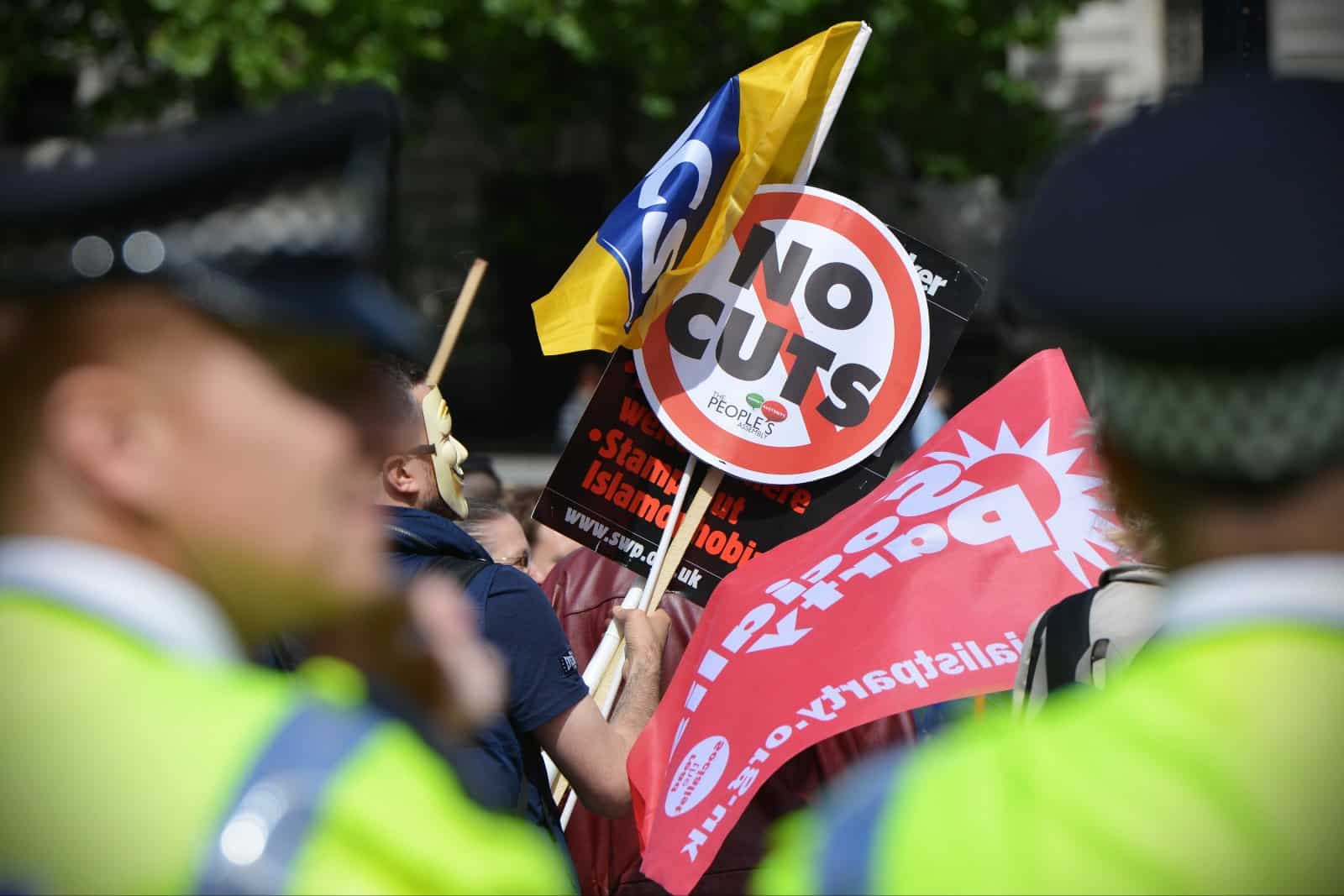
Austerity was billed as the cure to the nation’s fiscal woes. Instead, it seemed more to shrink the state’s waistline through a strict diet of cutting public services, proving that you can indeed become too thin.
5. The Windrush Scandal

A policy failure of historic proportions, the Windrush Scandal was a stark reminder of the human cost of bureaucratic indifference. It managed to achieve the unique feat of being both heartbreakingly unjust and entirely avoidable.
4. Fracking

Wirestock Creators
Fracking, or how to win friends and influence people by shaking their houses and setting their tap water on fire. Turns out, the public is oddly resistant to environmental roulette.
3. The Green Belt Policy

Intended to preserve the countryside, the Green Belt Policy instead often stifles affordable housing development while somehow still allowing questionable exceptions. It’s a bit like wearing a belt that’s both too tight and inexplicably looped around your neighbor’s house, restricting growth in all the wrong places.
2. The Digital Economy Act

The Digital Economy Act aimed to modernize the UK’s digital infrastructure, but parts of it ended up as an attempt to police the internet with all the finesse of a bulldozer. It left privacy advocates and tech companies alike scratching their heads, wondering if the law was drafted on dial-up internet.
1. The Internal Market Bill

Topping our list, The Internal Market Bill, in its attempt to ensure trade continuity within the UK post-Brexit, flirted with international law like a soap opera flirts with plausibility. It’s the legal equivalent of saying, “It’s not you, it’s me,” to decades of agreements, causing both domestic befuddlement and international side-eyes.
Choppy Waters
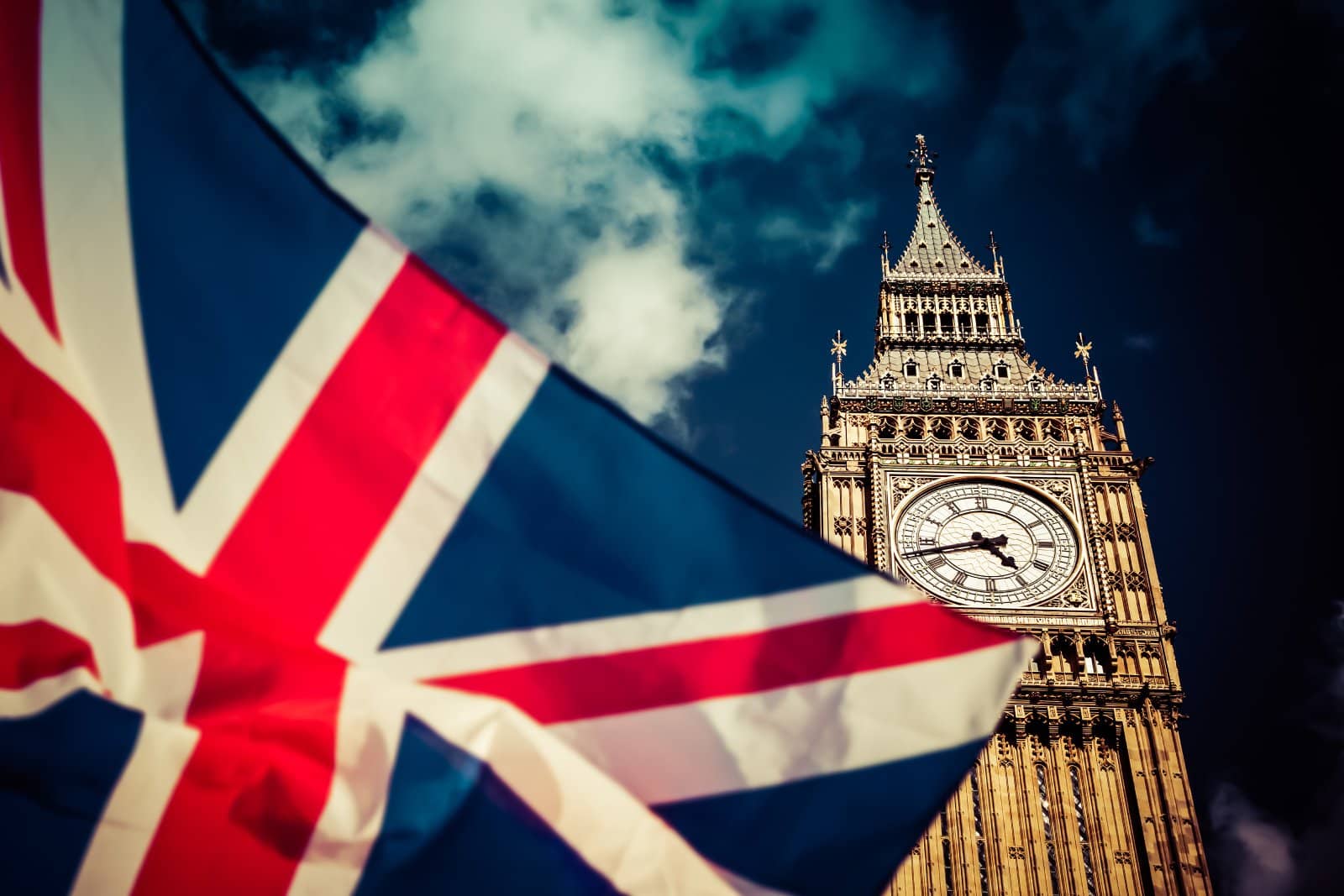
Navigating the choppy waters of UK policy-making is no small feat, especially when some policies seem to be paddling in the opposite direction of progress. While the intention behind each may have been noble, their execution often leaves us wondering if the policy playbook was actually just a collection of rough drafts. Remember, in the theatre of UK politics, sometimes the comedy is unintentional, but the tickets always come at a price.
More Articles Like This…
Broken Britain: 12 Reasons Behind the UK’s Decline
Say the Unsayable: 10 Occasions When Farage Spoke His Mind About Britain
The post 21 Unpopular British Political Moves That Have Done More Harm Than Good first appeared on Edge Media.
Featured Image Credit: Shutterstock / Ivan Marc.
For transparency, this content was partly developed with AI assistance and carefully curated by an experienced editor to be informative and ensure accuracy.

